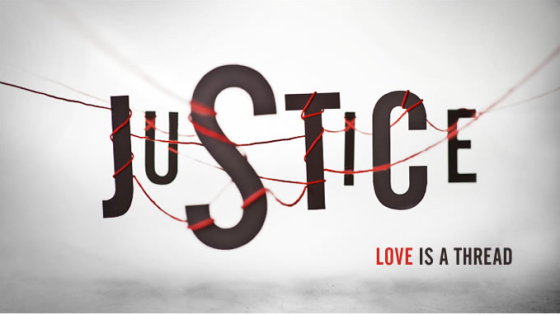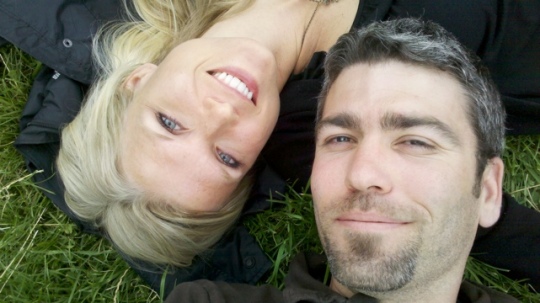 Today and tomorrow I am at The Justice Conference, hosted here in Portland. So grateful to join in the conversation.
Today and tomorrow I am at The Justice Conference, hosted here in Portland. So grateful to join in the conversation.
The Justice Conference 2012 is the second annual international gathering of advocates, activists, artists, professors, professionals, prophets, pastors, students and stay-at-home moms working to restore the fabric of justice. For some it means speaking. For others it means singing. For some it means going. For others it means giving. For all, it means living with mercy and love.
Justice Conference founder (and lead pastor of Antioch Church in my beloved hometown of Bend) Ken Wytsma writes on why justice matters to followers of Jesus and all who trust Scripture:
People matter to God and therefore they should matter to us – every bit of them from the salvation of their souls to the meeting of material needs (see 1 John 4:20-21).
Justice is rooted in the character of God, commanded in his Holy Scriptures and exemplified in the life of Christ and the history of the church.
Justice is the right ordering of our relationships with God and neighbor.
Justice, in all spheres and slices of life and especially in the social sectors, is biblical, God-honoring and right. Politics, theories or political platforms, however, are open to dispute and disagreement.
Because Justice is much bigger than “social justice,” he gives a helpful pie-chart to see how various kinds of justice are interrelated:








